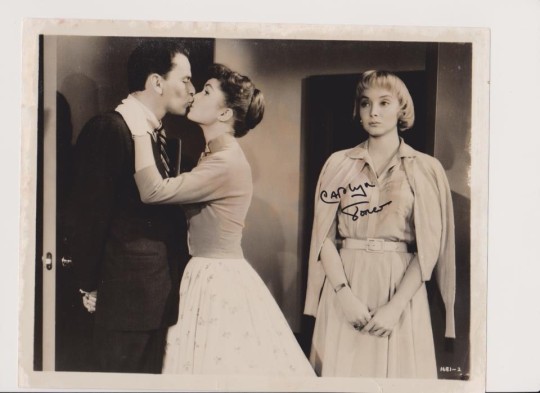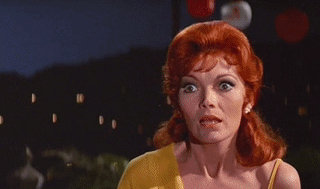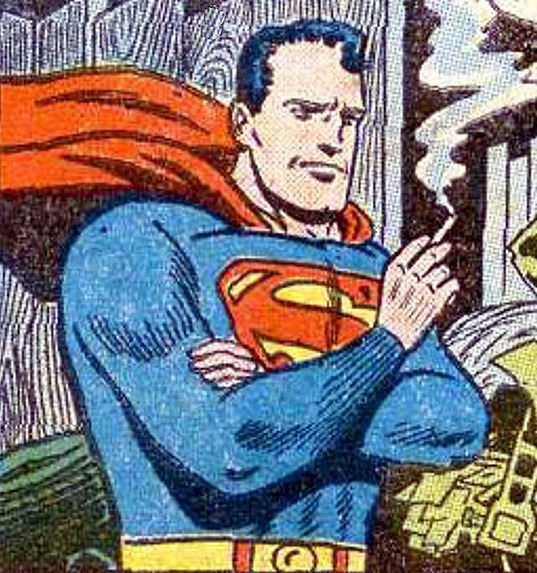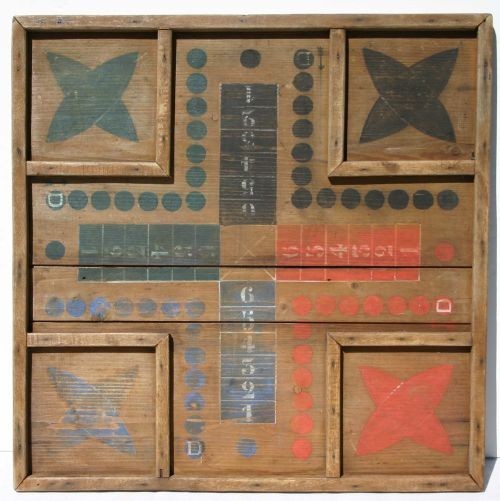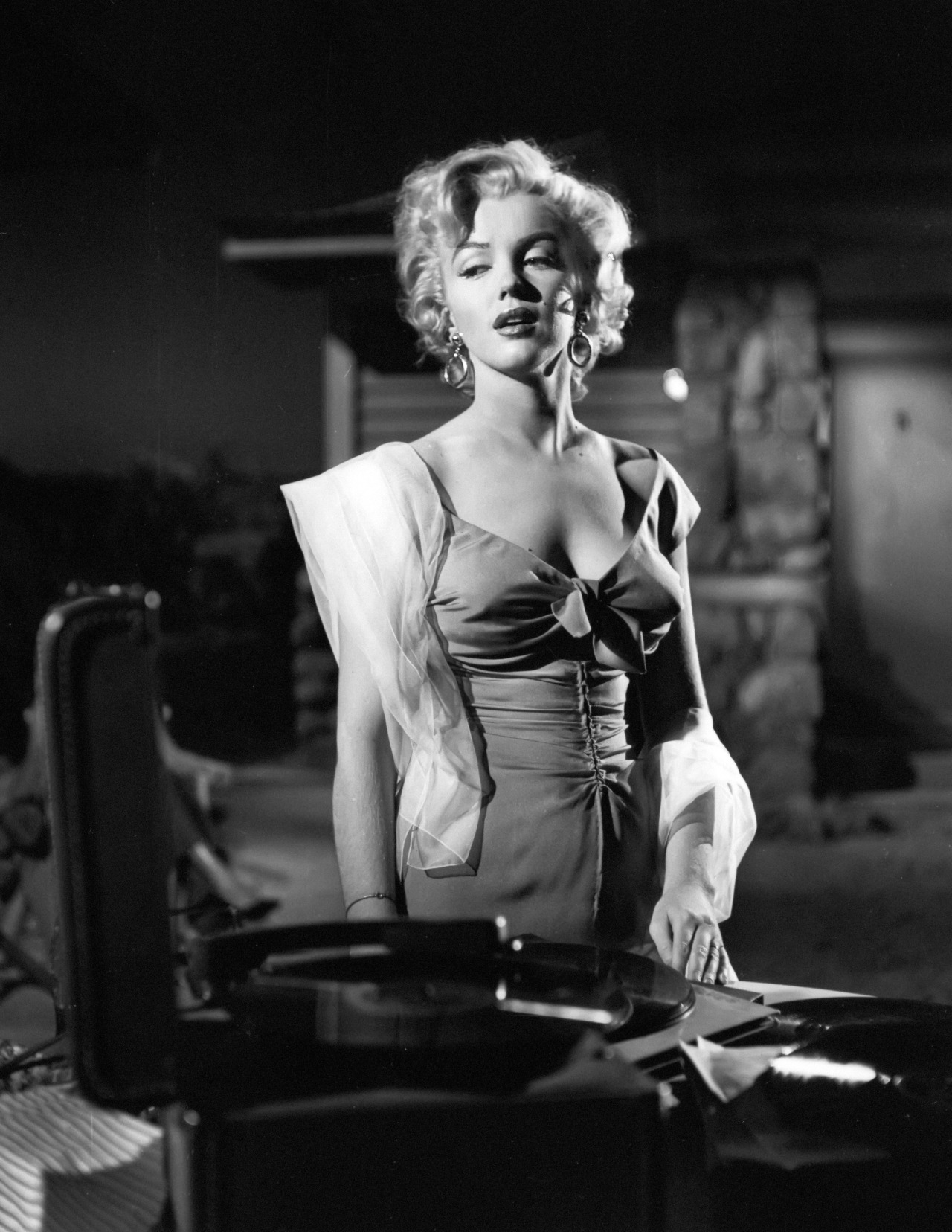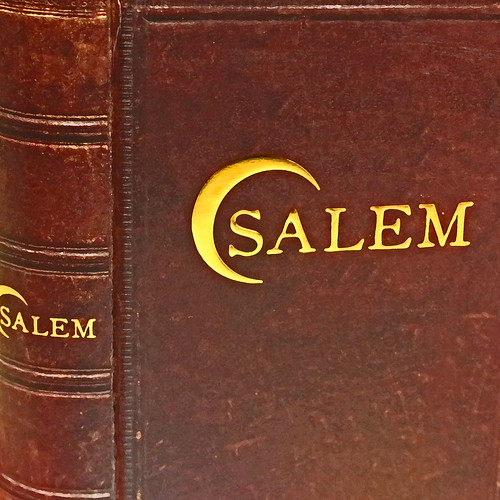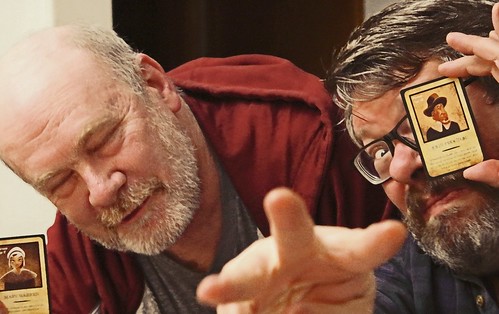Being the most excellent and accurate account of Game Night, held monthly at an undisclosed location in a major midwestern railroad hub.
Friday, May 27, 2016
Thursday, May 26, 2016
Pop Your Cross in the Bin
Economic crisis has engulfed the world and the country in ways that are invisible to the protected elite that determines the American electoral process. The accumulation of climatic and ecological catastrophe is also producing changes that are visible but avoidable to elites that are preoccupied with the scramble to maintain an economic system. Both of these processes are undermining faith in the decisions that are made within the closed chambers of power.
The political memory of the politically marginal more and more tends to persist beyond the expiration date of the narrative that is meant to enthrall it. I don’t know if the strength of memory is growing, but it is certain that the pace of crisis is accelerating. So the success of the outsiders in this election cycle should not surprise. Trump and Sanders are both benefitting from the discredit that has descended on those whose bona fides from the existing political universe are steadily losing value.
Why have the old stories fallen out of favor? It’s not because they don’t profess to be new under the sun. They always do. And that has often been enough. But the ground has shifted and it is not so much that new stories must be invented as that the old mechanisms for generating new stories are no longer adequate.
Which is your insurgent camp of choice will depend on whether your class politics are right-side up or upside down. The Democratic Party is supposed to be the defender of the working class. Its primary voters have been split between those who continue to have faith and those who sense betrayal. Median income is not the difference. The older you are the more likely you are to be invested in the idea of the party as the protector of your class interests. You may not be enthusiastic about Clinton but you are assured by her credentials that she will be a reliable steward.
If you are younger you have grown up in a world where the old bargaining processes have collapsed. The old stories about the shared interests of you and the bosses are hard to swallow. Very old legends of a political program which actually belongs to the working classes begin to circulate without the critical rubrics that have been automatic in new deal America. Bernie Sanders, by openly enunciating the name of that program and by making certain modest demands which have long been a part of the class compact in America, has become a signifier of socialism.
And that is enough to generate enthusiasm for a revolution that is faithful to its host system, that wants only to clear away the crust of corruption that has recently adhered to it. The Democratic Party structure has demonstrated more resilience than the Republicans. The confrontation between it and the socialist barbarians within it will not be resolved during this campaign. But it will not disappear either.
In the other camp those who believe that the political program of their own class is the greatest threat to their interests also have a champion. The second Bush administration should have been the end of the Republican Party so it is hard to understand the bitter tears that are being shed by those who consider themselves its arbiters. The Republican masses who have flocked to Trump are consistent with their own inverted ideology. At the top of the party, on the other hand, there is nothing more to say. Those who have everything can certainly claim they are entitled to more but, outside of their private clubs, who will listen to that now?
I'm as filthy as a poodle and I'm raking in the boodle and, ooh, I'm really getting big.
Labels:
bonzo dog band,
democrats,
election 2016,
republicans
Saturday, May 21, 2016
Wednesday, May 18, 2016
Monday, May 16, 2016
Saturday, May 14, 2016
Tuesday, May 10, 2016
Vsevolod Danilochkin, Valery Kiselyov - Istanbul (The Four Lads Cover)
A little something for our fans in Russia
Sunday, May 8, 2016
Saturday, May 7, 2016
Friday, May 6, 2016
Rocket to the Moon
At a certain stage of development, the material productive forces of society come into conflict with the existing relations of production or – this merely expresses the same thing in legal terms – with the property relations within the framework of which they have operated hitherto. From forms of development of the productive forces these relations turn into their fetters. Then begins an era of social revolution. The changes in the economic foundation lead sooner or later to the transformation of the whole immense superstructure.
K. Marx, A Contribution to the Critique of Political Economy, Preface
Two things interest me in Tomorrowland. That a magical token discloses to the right person a utopia co-located with everyday reality and that the administration of this utopia broadcasts despair back to our plane. What I am not much interested in is the plot. The future has lost faith in itself, in the technological fulfillment of the promise of capitalist development, and that loss of faith undermines our ability, here and now, to solve our problems. Faith is restored, as it must be in Hollywood, by the destruction of the blocking industrial structure.
The film’s working title was "1952", which resonates personally. The loss of faith occurs during the lifetime of a character who we first meet at the 1964 New York World’s Fair which, again, strikes a chord with me. Nevertheless, I have no trouble recognizing that it is only in a world where nostalgia has replaced memory that disillusionment with technical progress begins in in the second half of the 20th century. On ground level the religion of progress, like the poetry of colonial glory, did not survive the first World War. It hangs on only in regions that are well protected from the working classes.
In 2015 even the Disney Company acknowledges that the spell of Epcot, wretched long before 1982, has reached the dustbin. It must be resmelted before it can be brought to market in the 21st century. But here the movie fails. The performances of our hero and heroines enchant. Raffey Cassidy who portrays the robot, Athena, is particularly charming. But they are betrayed by the limits of the story.
By admitting that we are all of us living in a crisis that is global, the story allows us to contemplate more than its plot would explicitly allow. Science-fiction has often portrayed the development of a new society within the old. Usually by displacing it in time or in space, a utopia. This film uses a mechanism borrowed from quantum theory, and increasingly called upon in popular storytelling, to place the two worlds in parallel dimensions. Today and tomorrow coexist. As portrayed here, however, the future is no longer the future. Once a heaven of mass transit and space flight it is now no more than a scolding autocrat warning us of our imminent doom. How it got there, and how our odd couple of exiles were tossed out is elided.
Nothing is offered to take us across the gap in the story between the ’64 Fair and the current future. But I think I can speculate on why this part of the story is missing. The explanation can be found in the situation that we live in, that we see everywhere. It is the failure of the imagination of a dominant social class that can no longer see a way out that will maintain its hold on power.
Which brings us to the Tomorrowland token. With the token we are able to see that the two worlds coincide. Tomorrowland is not another planet like Bogdanov’s Mars or LeGuinn’s Annarres. It is not the glorious future of our present system as it was for Disney and the ’64 World’s Fair. Where we actually stand now, facing reality, it is the invisible presence of another world right here alongside the one we are permitted to see. In the film the relationship between the two is magical, the token is a magical key to an alternate universe from the quotidian universe. But it is magical only because the film’s creators were uninterested in showing what it is in truth, dialectical.
It cannot surprise that a production with the imprimatur of a Hollywood studio would mystify our historic predicament. But it is to the credit of the film’s creators that they have put as much work as they have into expressing a radical truth that is there whether they have consciously included it or not. Two worlds can only coincide as negations of each other.
The film’s working title was "1952", which resonates personally. The loss of faith occurs during the lifetime of a character who we first meet at the 1964 New York World’s Fair which, again, strikes a chord with me. Nevertheless, I have no trouble recognizing that it is only in a world where nostalgia has replaced memory that disillusionment with technical progress begins in in the second half of the 20th century. On ground level the religion of progress, like the poetry of colonial glory, did not survive the first World War. It hangs on only in regions that are well protected from the working classes.
In 2015 even the Disney Company acknowledges that the spell of Epcot, wretched long before 1982, has reached the dustbin. It must be resmelted before it can be brought to market in the 21st century. But here the movie fails. The performances of our hero and heroines enchant. Raffey Cassidy who portrays the robot, Athena, is particularly charming. But they are betrayed by the limits of the story.
By admitting that we are all of us living in a crisis that is global, the story allows us to contemplate more than its plot would explicitly allow. Science-fiction has often portrayed the development of a new society within the old. Usually by displacing it in time or in space, a utopia. This film uses a mechanism borrowed from quantum theory, and increasingly called upon in popular storytelling, to place the two worlds in parallel dimensions. Today and tomorrow coexist. As portrayed here, however, the future is no longer the future. Once a heaven of mass transit and space flight it is now no more than a scolding autocrat warning us of our imminent doom. How it got there, and how our odd couple of exiles were tossed out is elided.
Nothing is offered to take us across the gap in the story between the ’64 Fair and the current future. But I think I can speculate on why this part of the story is missing. The explanation can be found in the situation that we live in, that we see everywhere. It is the failure of the imagination of a dominant social class that can no longer see a way out that will maintain its hold on power.
Which brings us to the Tomorrowland token. With the token we are able to see that the two worlds coincide. Tomorrowland is not another planet like Bogdanov’s Mars or LeGuinn’s Annarres. It is not the glorious future of our present system as it was for Disney and the ’64 World’s Fair. Where we actually stand now, facing reality, it is the invisible presence of another world right here alongside the one we are permitted to see. In the film the relationship between the two is magical, the token is a magical key to an alternate universe from the quotidian universe. But it is magical only because the film’s creators were uninterested in showing what it is in truth, dialectical.
It cannot surprise that a production with the imprimatur of a Hollywood studio would mystify our historic predicament. But it is to the credit of the film’s creators that they have put as much work as they have into expressing a radical truth that is there whether they have consciously included it or not. Two worlds can only coincide as negations of each other.
Wednesday, May 4, 2016
Decca & The Dectones - Maxwell's Silver Hammer
Surely one of the baddest of bad beatles, featuring Jessica Mitford, the "red" Medford sister.
Monday, May 2, 2016
Sunday, May 1, 2016
Subscribe to:
Comments (Atom)
